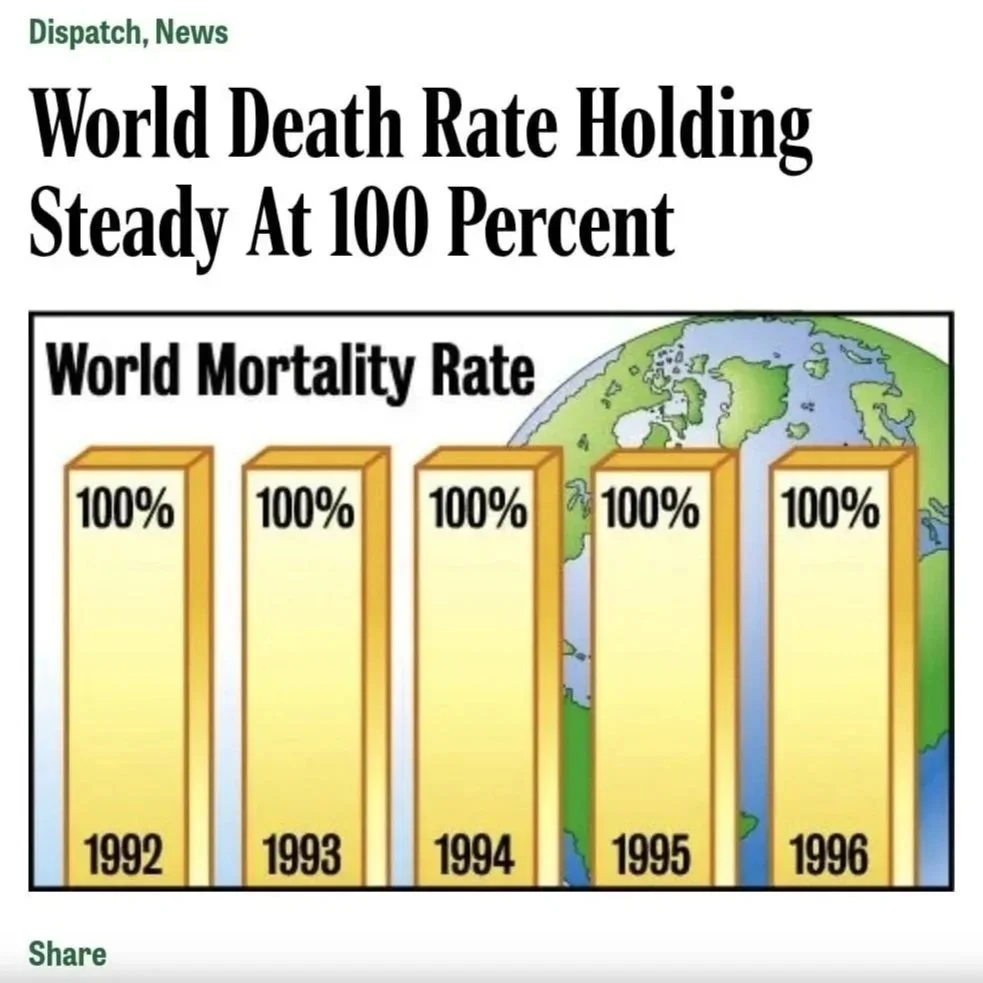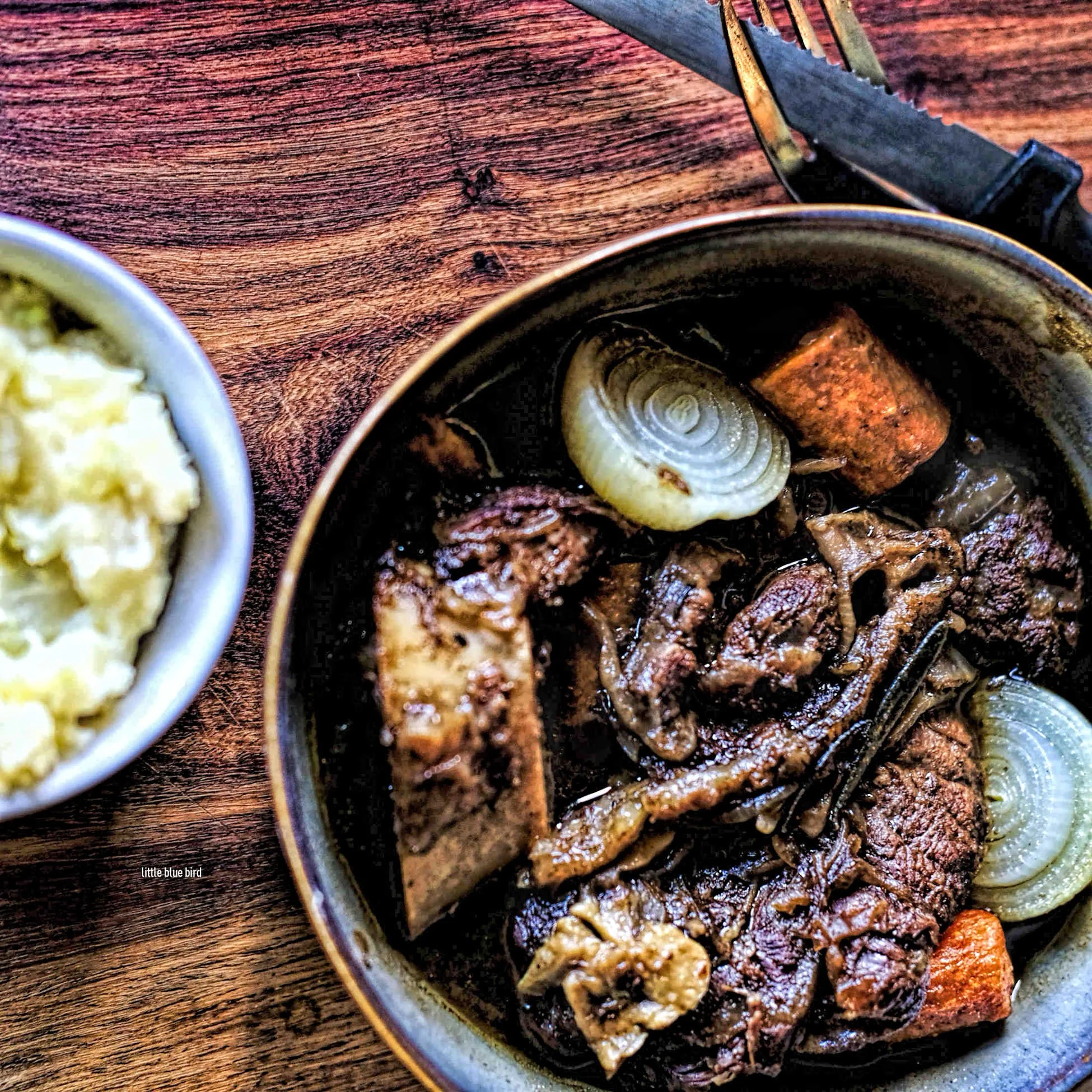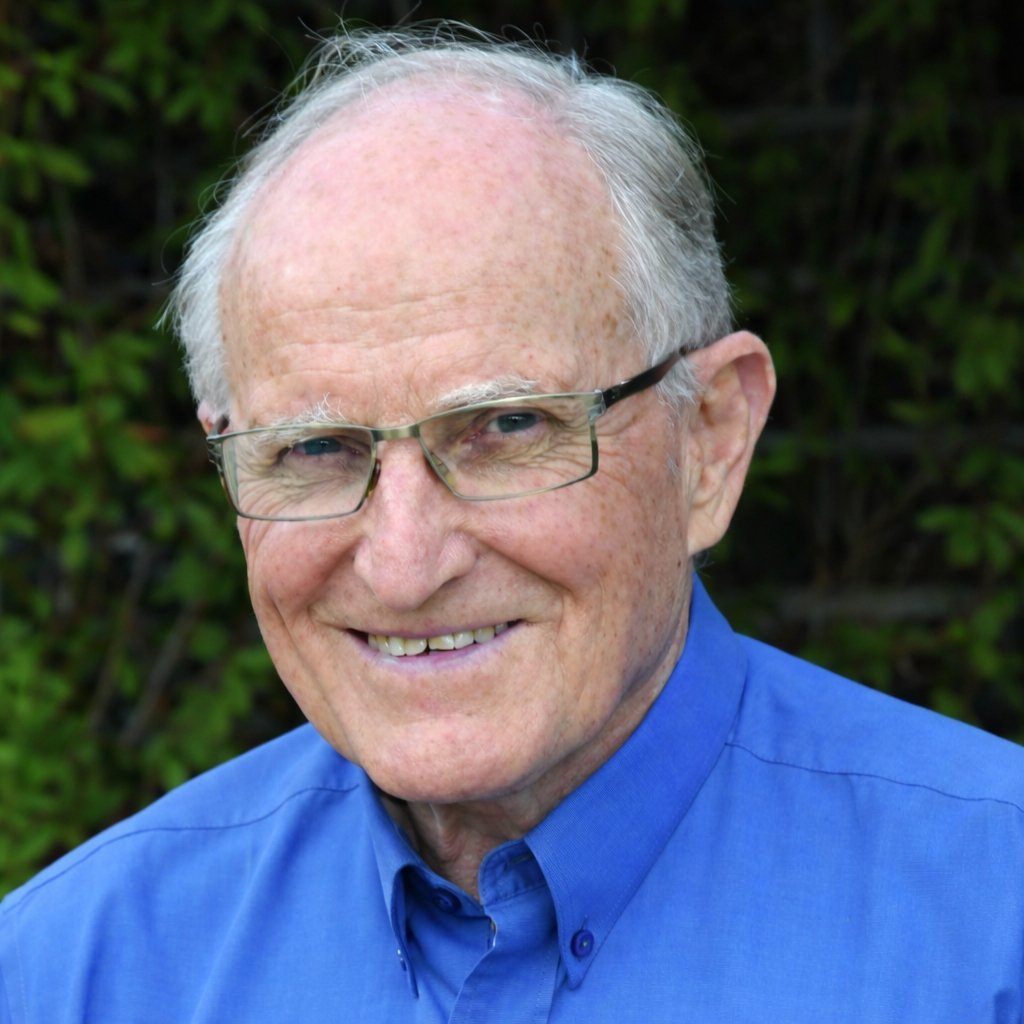From the Chairperson’s Desk
Support DignitySA as We Head To Court
- Willem Landman
Before year-end, DignitySA will approach the North Gauteng High Court in Pretoria with its assisted dying application.
In its Founding Affidavit, DignitySA will ask the motion court to declare the current blanket common-law prohibition of assisted dying unconstitutional and invalid, and to instruct Parliament to write, within 24 months, legislation appropriate for South Africa.
DignitySA’s origins are firmly rooted in a belief that a relatively small minority of dying people voluntarily seek and need compassionate assistance with dying. Sean Davison and I met 15 years ago, and decided that we had to do something to have this end-of-life option legally recognised.
Following the Stransham-Ford cases (2015, 2016) and Dieter Harck’s aborted case (2021), DignitySA assembled a pro-bono legal team in early 2022, comprising four advocates (including two senior counsel) and instructing attorneys.
So, for the past almost four years, the legal team has been preparing court papers in close cooperation with DignitySA. We are blessed with a team of attorneys from Adams & Adams who not only have a firm grasp of the complexities of our application but have managed our appeal with professional commitment and personal conviction.
Without the goodwill of others, we would never have been able to reach this point – several case studies prepared by relatives of people who died in dire circumstances; submissions of the highest quality by 15 foreign experts from six countries on four continents where assisted dying is legal; and South African medical experts.
We were greatly encouraged when our efforts were recognised and supported by eight South African medical professionals, of vast experience and senior standing, supported not only supported the need for legalising assisted dying but also our endeavour to achieve that end.
We would never have embarked on this journey if we doubted that assisted dying could be responsibly institutionalised in the South African healthcare system. Providing ARVs for vast numbers of HIV-positive patients, country-wide and ongoing, was much more challenging.
After the recognition of an array of rights supported by our Constitution, we believe the time for “the last right” has come.
But it will not be an easy or short route. Once DignitySA’s court papers are filed, the court will allow the respondents to file responding affidavits – namely, the Ministers of Justice and Health, the NPA, and the HPCSA.
DignitySA will then have an opportunity to file an answering affidavit, a court date will be set, and arguments will be heard on the documentation alone.
The losing party is sure to appeal to the Supreme Court of Appeal (SCA) in Bloemfontein and, in turn, the losing party there is sure to appeal to the Constitutional Court in Braamfontein. Thus, this process could take years even without deliberate delaying tactics by respondents.
Even with a pro-bono team charging a fraction of their normal fees, legal proceedings are a costly and lengthy exercise requiring ongoing funding.
To this end, DignitySA needs all the assistance it can muster. We act in the public interest, a mission explicitly recognised by the Stransham-Ford appeal.
The Exit Interview
Dignity Matters poses some questions to:
Dieter Harck has been a prominent and active advocate for assisted dying in South Africa for almost a decade now. He was diagnosed with slow progressing Motor Neurone Disease (MND) in 2013 and still enjoys a good quality of life. However, death and dying remain forefront on his mind and when the time comes he is hopeful that our laws will make it possible for him to have a dignified and peaceful ending.
If calories and indigestion were no object, what culinary indulgence would be your last?
Oven-baked crispy whole potato coated in salt with lots of real butter, coarse salt and pepper; fresh garlic accompanied by a juicy lamb chop, or two 😊. Greens will consist of broccoli, cauliflower and roasted carrot and butternut. Cucumber, dill salad in a sweet full cream dressing to accompany the above. The dessert must be an expertly made affogato.
Ideally, how would you like to go?
In half-shade underneath a beautiful tree somewhere in nature and surrounded by my family. As an alternative, at home with my family present.
Imagine your memorial service. What music would be playing? What band or artist would be grateful for the opportunity to perform?
Four Seasons (Vivaldi)
Burial or cremation? If transport, permissions and expense were no problem - where would you like to be buried, or have your ashes scattered?
Cremation, and the ashes scattered in any beautiful spot in nature.
If you could choose one object to be buried or cremated with, what would it be and why?
Naked I was born, and naked I will leave.
If you were to haunt someone after your demise, where would it be and why?
I have no reason and no ambition to haunt anybody.
Who is in your will? And is there anything that you are leaving that may cause a fight?
My family and loved ones. I hope that I have shared fairly and don’t expect any fights.
What do you still need to do before you kick the bucket?
Lots of living and loving!
Finally, is there anything you've secretly wondered about death, but been too polite to ask?
There is no secret for me. Death is like falling asleep… a transition of energy of one to another. What that ‘’other’’ is, I don’t know, but will surely find out??
Expert Input
Why People of Diverse Faiths Could Embrace Medically Assisted Dying
- Reverend Berry Behr, Global Interfaith Ambassador, Emissaries of Divine Light
When we speak about death, we step into sacred territory. Yet too often, silence surrounds the choices people face at the end of life. Last month, DignitySA invited me to help convene a dialogue on medically assisted dying with interfaith leaders. I welcomed the opportunity—not only because DignitySA will soon be going to court and the issue will be in the public eye, but also because I know that as religious leaders we must be ready to hold these conversations with compassion and clarity.
Gathering for Honest Conversation
Leaders from many traditions accepted the invitation, even though end-of-life issues are often considered contentious. Many admitted they joined because conversations about death and dying rarely happen in families or communities, and they themselves sometimes feel ill-equipped to guide or to connect people with helpful resources. Their willingness to show up with open hearts was deeply encouraging.
To create a safe and respectful space, we chose a World Café format. This allowed participants to move between four small-group tables, each holding a guiding question:
It is important to have conversations like these because…
People of my faith would not embrace medically assisted dying because…
People of faith would embrace medically assisted dying because…
I would like to learn more about…
Insights Shared
While reasons for resistance were predictable—concerns about morality, tradition, or “playing God”—the reasons participants gave for potential acceptance were especially striking. Responses clustered around four strong themes:
1. Compassion and Relief of Suffering
Leaders agreed that no one can fully inhabit the body or soul of another in pain. The most faithful response is to walk alongside with empathy and allow each person to choose the path that brings them peace. As Archbishop Desmond Tutu reminded us: “In refusing dying people the right to die with dignity, we fail to demonstrate the compassion that lies at the heart of Christian values.”
2. Autonomy and Agency
Many spoke of honoring free will, the God-given right to make decisions about one’s own body, and the dignity of discernment. For some, this included practical tools such as advance directives and living wills.
3. Justice and Responsibility
Some linked assisted dying to broader social concerns: preventing unnecessary medical costs, avoiding burdening loved ones, or acknowledging that medicine can sometimes prolong life beyond what a person or family desires. Others saw it as part of healing the social fabric and practicing restorative justice.
4. Faith and the Cycle of Life
Several reminded us that traditions differ: African leaders noted that healers may assist with medicines; Bahá’í participants emphasized consultative clarity; Christians spoke of presence and honoring the wishes of the suffering person. Underneath these differences lie a shared recognition that life is situational, nuanced, and deeply shaped by one’s view of death—whether as something feared or as a gateway to hope.
The Spirit in the Room
Across the tables and in our final checkout, words such as connection, surprise, breakthrough, possibility, collaboration, and collective responsibility echoed. Leaders valued the safe space, the honesty, and the sense that they were not alone in navigating such tender ground.
I left humbled, touched by the quality of servant leadership present, and hopeful that we can continue to hold these courageous conversations.
An Invitation
These dialogues are only a beginning. Let us keep talking—openly, compassionately, and with courage—so that together we may bring dignity and compassion to life’s final chapter.
Popcorn Time
REVIEW: This Is Not a Burial, It’s a Resurrection
Reviewed by: Dawid van der Merwe
Rating: ★★★★½
This Is Not a Burial, It’s a Resurrection – A Lesson in Dignity
What does it mean to die well when even your death is not your own?
In This Is Not a Burial, It’s a Resurrection, Lesotho’s acclaimed filmmaker Lemohang Jeremiah Mosese gives us Mantoa, an eighty-year-old widow who has buried her husband and children and longs only for her final rest. Mary Twala’s haunting performance captures a woman who seeks dignity not in grand gestures but in the quiet right to choose her own ending: to be laid to rest among her ancestors, in the soil that has carried her life.
That wish is denied. A government dam threatens to wash away her village and the graves of her kin. Mantoa’s grief hardens into resistance, and her personal mourning becomes a communal defiance. The film’s stark landscapes and silences turn loss into poetry, reminding us that death is not the enemy. The true enemy is the stripping away of choice.
For South Africans, this story resonates deeply. Mantoa’s struggle mirrors our own: the fight to have our voices heard in life’s final chapter. At DignitySA, we believe that to die well is to die on our terms, with autonomy, compassion, and respect.
This Is Not a Burial, It’s a Resurrection is more than a film. It is a call to honour the small but profound wishes of those at the end of life. Dignity is not granted, it is a right, and one worth defending until the last breath.
Good Reads
REVIEW: “The Art Of Dying Well”
by Katy Butler
Reviewed by: Dawid van der Merwe
Rating: ★★★★½
We spend much of our lives planning beginnings, marriages, births, and new jobs, but rarely do we prepare for endings. In The Art of Dying Well: A Practical Guide to a Good End of Life, Katy Butler reminds us that our final chapter deserves the same care as all the rest.
Butler, a health journalist and caregiver, guides readers through the stages of decline: vigorous old age, chronic illness, frailty, and dying itself. With clarity and compassion, she shows that dying well begins long before the hospital bed. It begins with advance directives, with honest family conversations, and with a willingness to imagine futures we would rather avoid.
What sets Butler apart is her ability to weave the practical with the profound. She provides checklists for navigating medical systems and making choices about interventions, but she also tells stories: a woman who chooses her bed over one more round of chemotherapy, a son who learns that silent presence can mean more than words. These ordinary lives reveal a powerful truth: dignity is not in avoiding death, but in shaping how we meet it.
For South Africans, Butler’s book carries particular urgency. It offers a vision of autonomy and preparation, yet our laws still deny us the full range of choices at the end of life. At DignitySA, we believe that, like Butler, we must confront death not with fear, but with honesty and courage. To die well is to die on our own terms, and to make that possible, our society must allow us the right to choose.
Global News Round-Up
France - As the country currently debates a right-to-die bill, twelve activists who have been accused of helping people to illegally obtain a euthanasia drug went on trial in Paris on the 15th of September. Many of the defendants, whose ages range from 74 to 89, are retired teachers with no previous criminal records.
UK - Having cleared the House of Commons with a majority of 23 in June 2025, the UK’s Terminally Ill Adults (End of Life) Bill has moved to the House of Lords. After months of consideration by MPs, peers began their debate on the law on Friday the 19th of September. Should this pass in the House of Lords it can then be given royal assent and written into law. However if approved it has already been agreed to delay implementation until 2029. According to Kim Leadbetter, the Labour MP who brought the Bill forward, “It is more important to do this properly than to do it quickly.”
Here’s a snapshot of jurisdictions where assisted dying is currently available:
More articles from our website
Join Us
Become A Member of our non-profit voluntary association by clicking the “Become A Member” button on this page: DignitySouthAfrica.org/support
Members will be invited to attend our online Annual General Meeting and will receive our unique newsletter ongoingly. For more information and any queries, please contact info@dignitysouthafrica.org
Poetry Apothecary
Words can be a powerful balm for body and soul. This month, we share “In Blackwater Woods” a poem by Mary Oliver
Look, the trees
are turning
their own bodies
into pillars
of light,
are giving off the rich
fragrance of cinnamon
and fulfillment,
the long tapers
of cattails
are bursting and floating away over
the blue shoulders
of the ponds,
and every pond,
no matter what its
name is, is
nameless now.
Every year
everything
I have ever learned
in my lifetime
leads back to this: the fires
and the black river of loss
whose other side
is salvation,
whose meaning
none of us will ever know.
To live in this world
you must be able
to do three things:
to love what is mortal;
to hold it
against your bones knowing
your own life depends on it;
and, when the time comes to let it go,
to let it go.

















